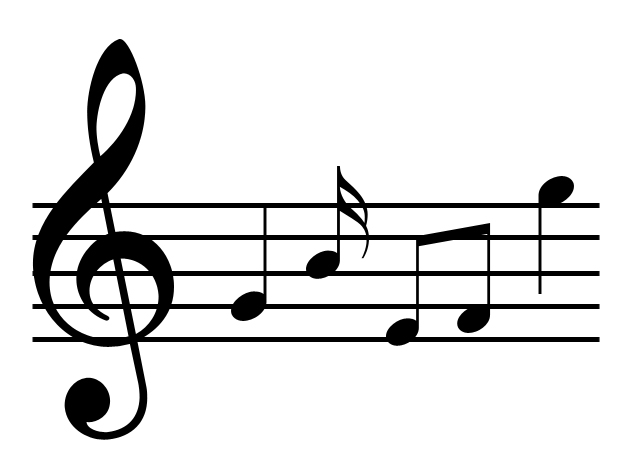 The power of song!
The power of song!
This week’s parsha, Ha’azinu, begins discussing the contents of the fourth prophetic song, Ha’azinu. The song poetically depicts the future of the Jewish people until the end of days. The song goes into detail about what will happen if they transgress their covenant with Hashem. Each of the nine songs had sadness that followed; however, the tenth song, which is the greatest, will be sung at our redemption, marking the end of our suffering and exile!
Order of songs composed by:
1. Adam, who recited the first song in Gan Adan (he composed Mizmor shir leyom Shabbot, a song to praise the greatness of Shabbot).
2. Moshe and Bnai Israel, composed a song at the Red Sea.
3. Bnai Israel, composed a song at the Well of Miriam (Parshas Chukas).
4. Moshe, taught Bnai Israel the song of Ha’azinu on the day of his passing.
5. Yehoshua, sang a song when he fought the Emorites in Givon, when the sun miraculously stopped, so that Bnai Israel could continue fighting.
6. Devorah and Barak, composed a song when Hashem delivered their enemy to their hand.
7. Chana, sang a song after giving birth to Shmuel (she was childless for many years, so she praised Hashem with a prophetic song).
8. King David, composed a song at the end of his life, in order to thank Hashem for saving him from his enemies.
9. King Shlomo, composed Shir Hashirim.
10. The Jewish people will sing this final song when we are redeemed from our present exile.

 In the course of this prophetic song, Ha’azinu, Moshe predicts the harsh punishments the Jews would incur if they abandoned the Torah. Despite the punishments that the Jews would incur if they transgressed, Moshe defended Hashem’s ways as being absolute just (Hashem only punishes people justly and never out of anger).
In the course of this prophetic song, Ha’azinu, Moshe predicts the harsh punishments the Jews would incur if they abandoned the Torah. Despite the punishments that the Jews would incur if they transgressed, Moshe defended Hashem’s ways as being absolute just (Hashem only punishes people justly and never out of anger).